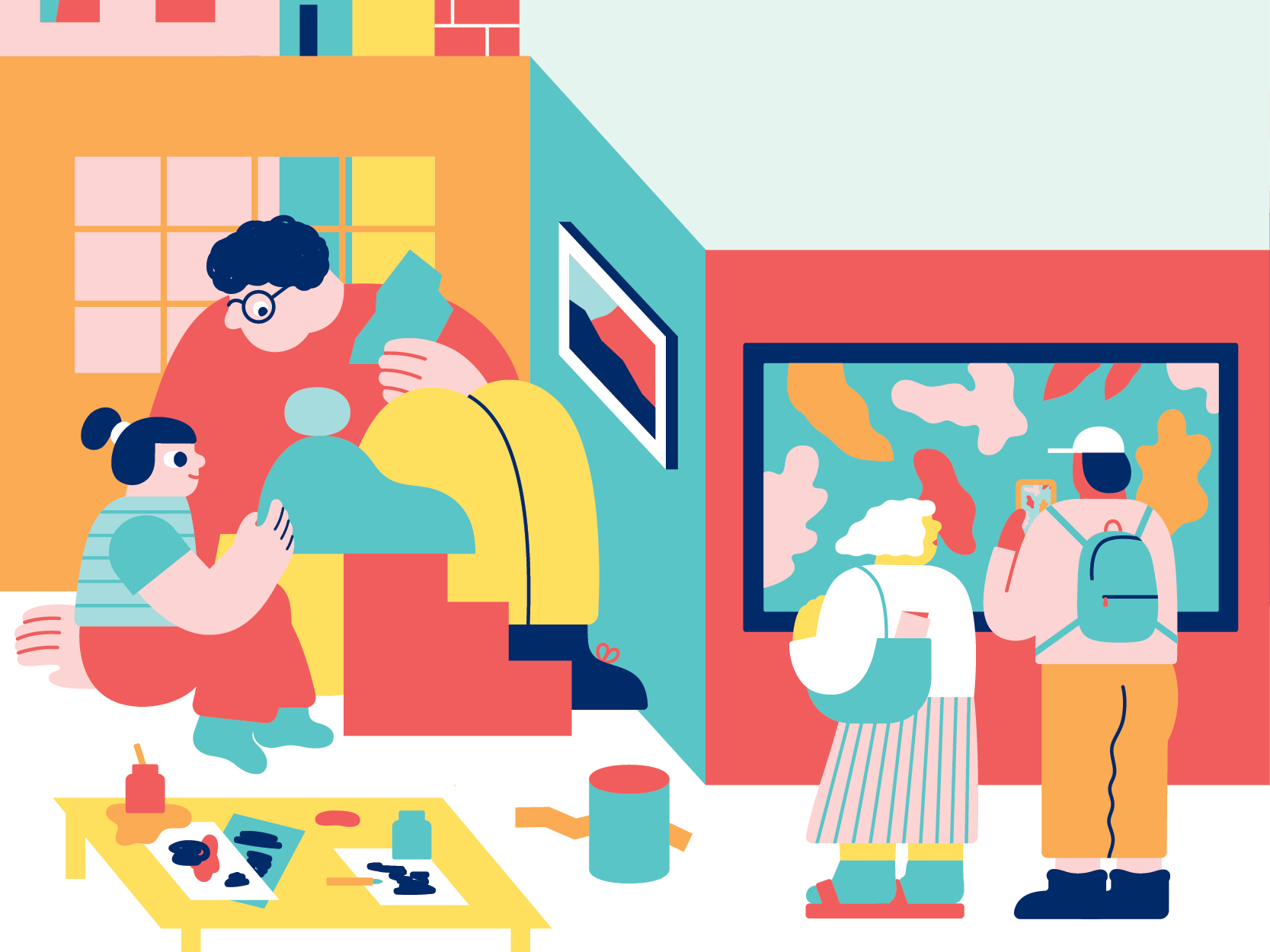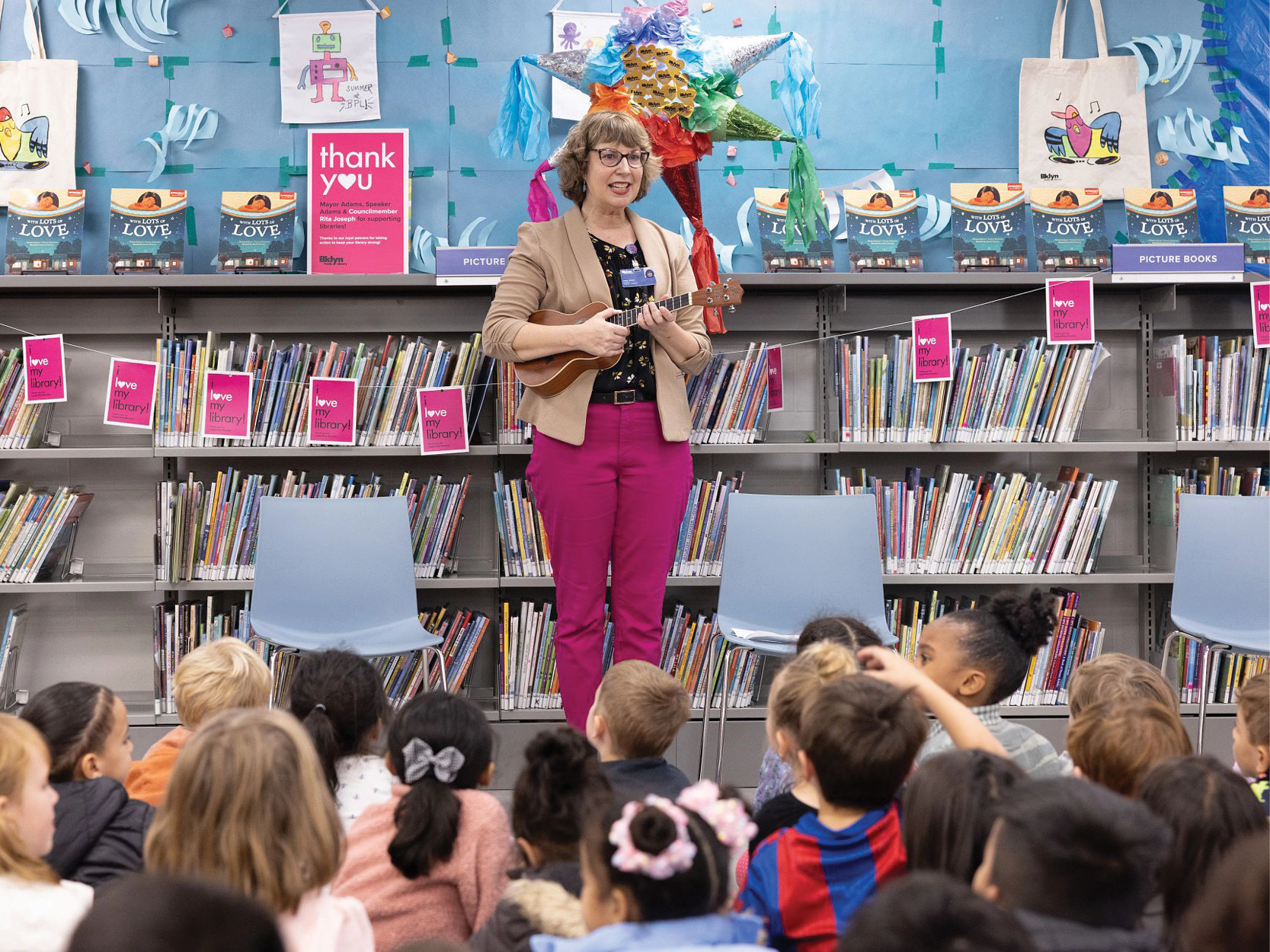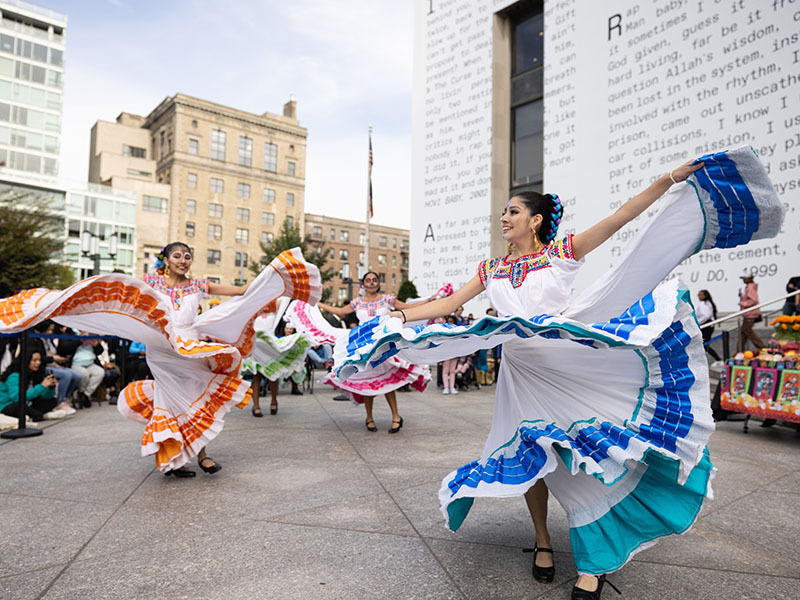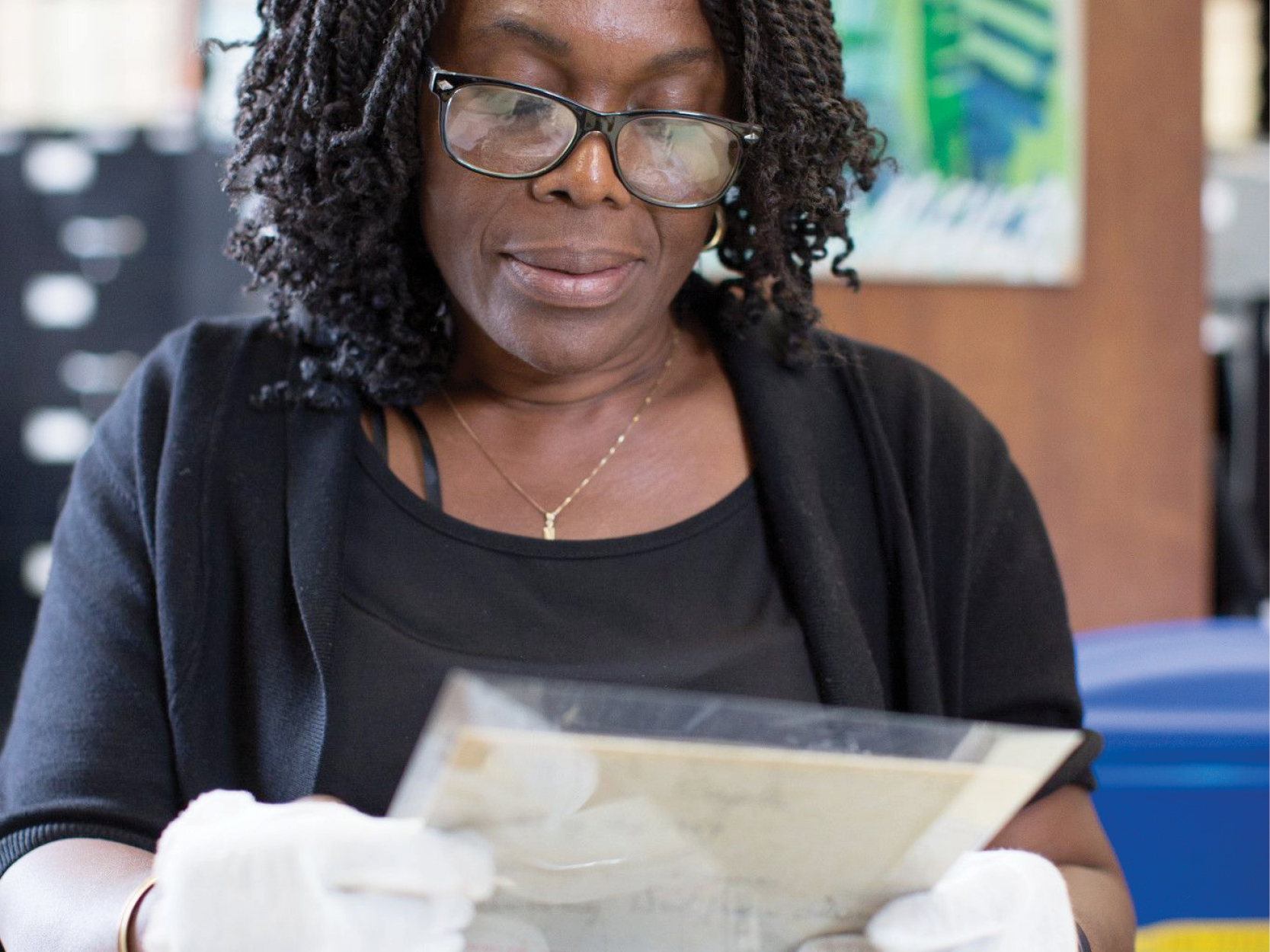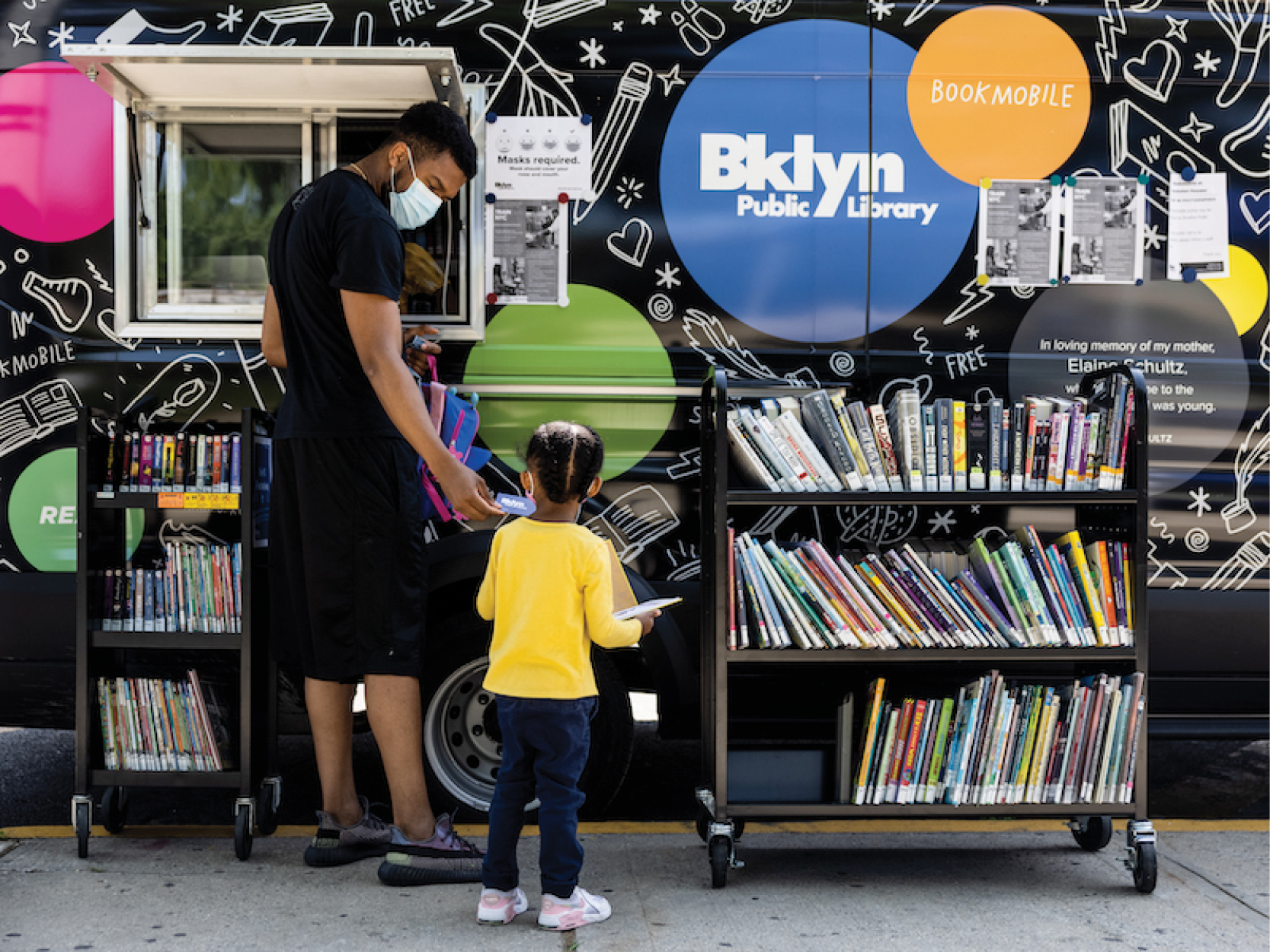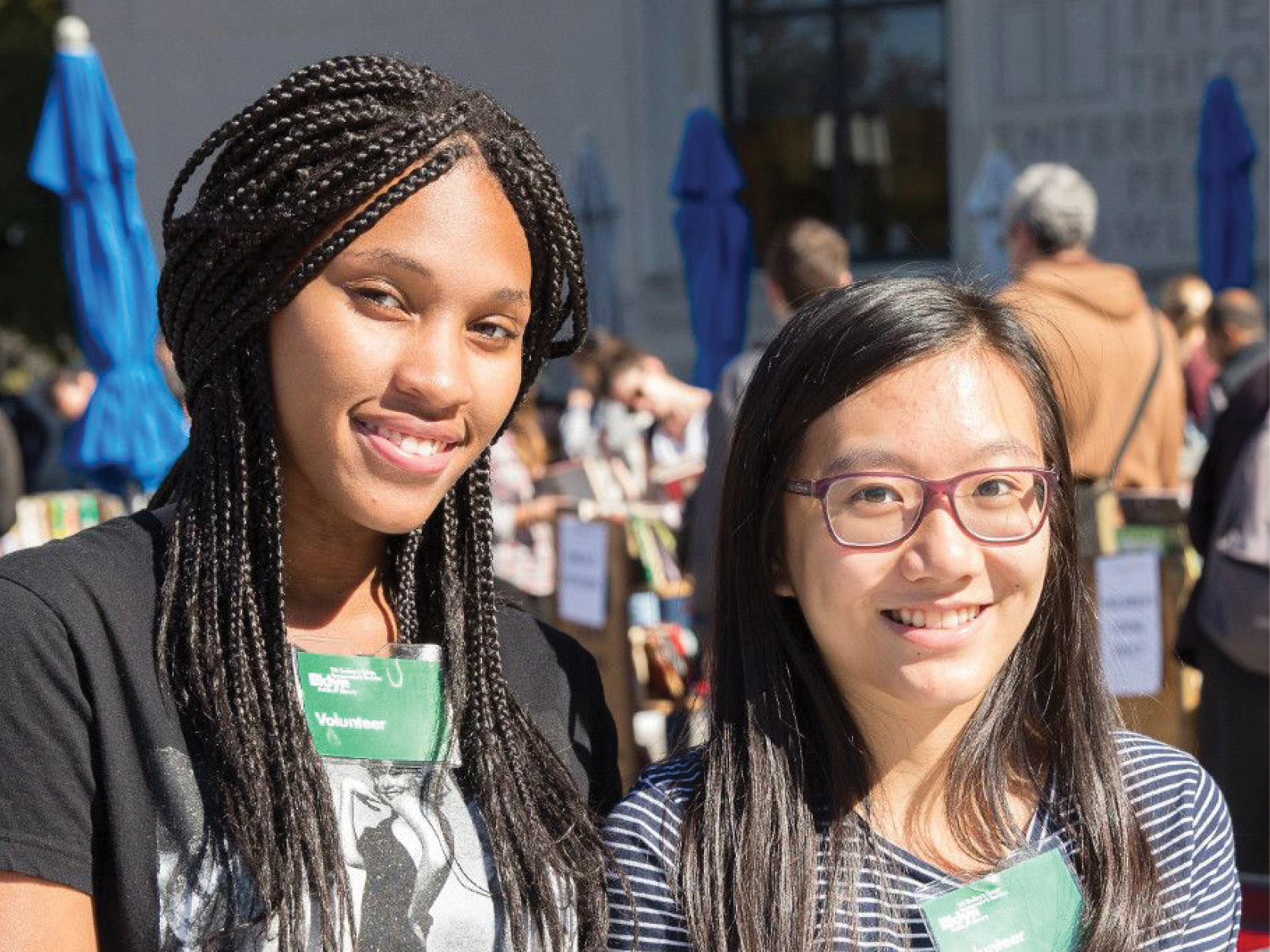From his beginnings as a librarian here at Brooklyn Public Library, to his ascent to the New York State Senate and U.S. House of Representatives, Major Owens' legacy is defined by his work as a tireless antipoverty reformer and as an advocate for education, civil rights, Americans with disabilities, workers' rights, and immigrants. The materials selected for this exhibition celebrate his lifelong commitment to political and economic empowerment, and include never before seen photographs of the Congressman, handwritten and typed speeches, publications, campaign flyers, personal ephemera, and more. An avid writer, this exhibition also features manuscripts of his plays and novels, as well as what he coined "rap poetry," for which he earned the name, "The Rappin' Rep."
Born in 1936 in Collierville, Tennessee, Major Robert Odell Owens grew up in the South and attended Morehouse College on a Ford Foundation scholarship, graduating in 1956. He earned his Masters in Library Science from historically Black Clark Atlanta University just one year later. Owens began his career as a librarian at Brooklyn Public Library, and as a community organizer and civil rights activist, eventually chairing the Brooklyn chapter of the Congress of Racial Equality (CORE). First appointed Commissioner of the Community Development Agency (CDA) under Mayor John Lindsay's administration, he was at the forefront of antipoverty efforts in Brownsville and chairman of Central Brooklyn Mobilization for Political Action until 1974. After leaving the CDA, Owens joined Columbia University, where he taught Library Science courses and acted as Director of the school’s Community Media Program.
After a successful campaign for a seat in the New York State Senate, Owens took office in 1975, where he would serve until 1982. He advocated for federal money for education and libraries, dovetailing with his longtime priorities and the needs of his district, which comprised the predominantly Black Brooklyn neighborhoods of Bedford-Stuyvesant, Brownsville, and Crown Heights. In 1990, his district was expanded to include the western borders of Park Slope and Kensington.
In 1983, Owens became the first professional librarian elected to the U.S. House of Representatives, officially succeeding Congresswoman Shirley Chisholm. He won each of the 10 subsequent elections before his retirement with at least 89% of the vote. Known as "The Librarian in Congress," Major Owens was also on the Education, Workforce, Government Reform, Education and Labor Subcommittee on Select Education, and Civil Rights committees during his tenure, as well as the Congressional Black Caucus (CBC) and Progressive Caucus.
In 1985, he founded the Central Brooklyn Martin Luther King Commission. This volunteer-led organization is still in operation, holding annual “Living the Dream” essay, poetry, and art contests for Brooklyn students that focus on Dr. King's legacy. He was also a key backer of the Child Abuse Prevention Challenge Grants Reauthorization Act in 1989; the primary backer and a floor manager of the historic Americans with Disabilities Act in 1990; and was awarded the American Library Association's highest honor in 1996.

